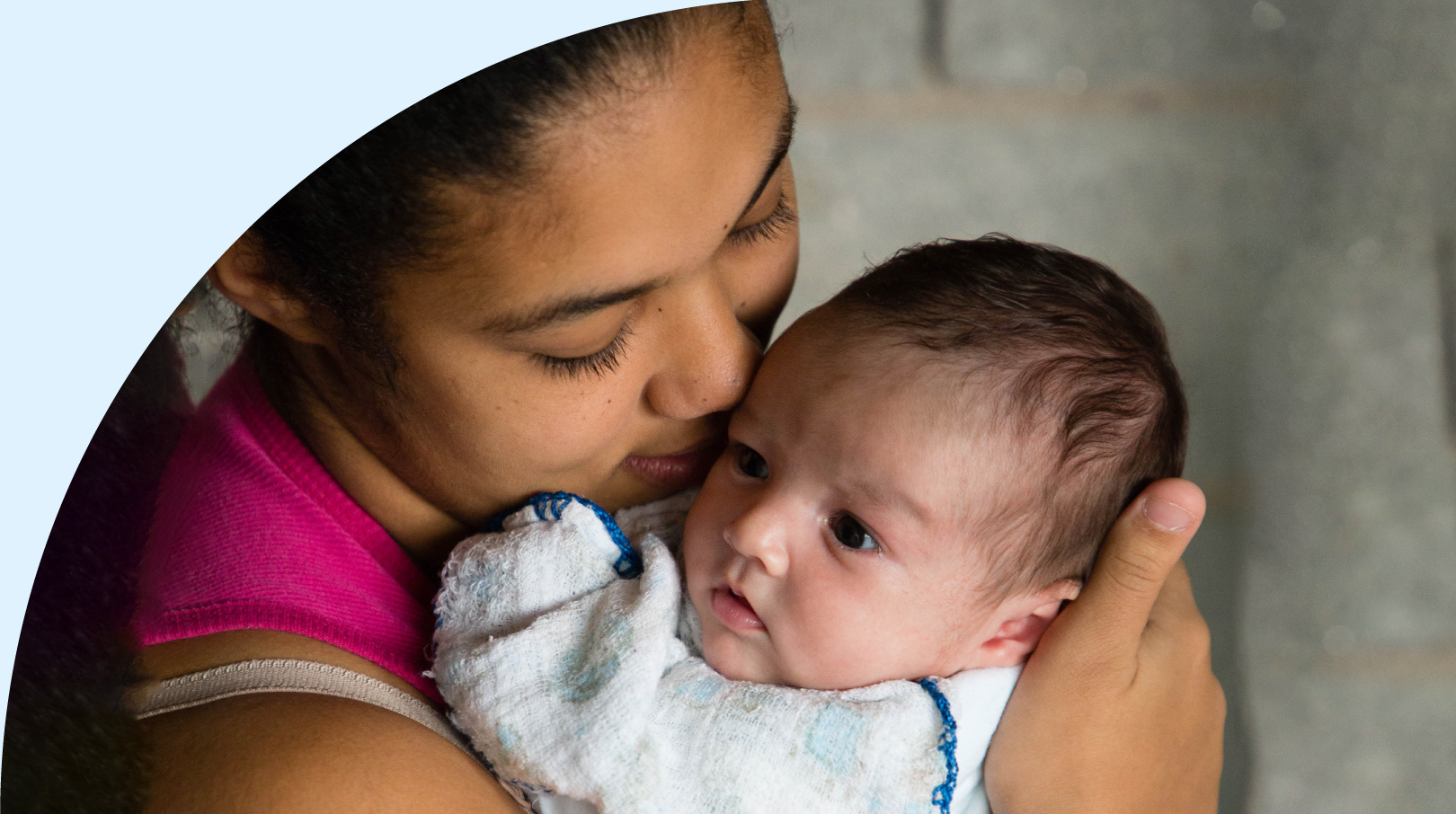We produced a series of policy briefs that cover some of the main early childhood challenges, relevant for practitioners both seasoned and new to the field.
Each policy brief includes key information and powerful data, along with promising policy suggestions and case studies from around the world.
In focus
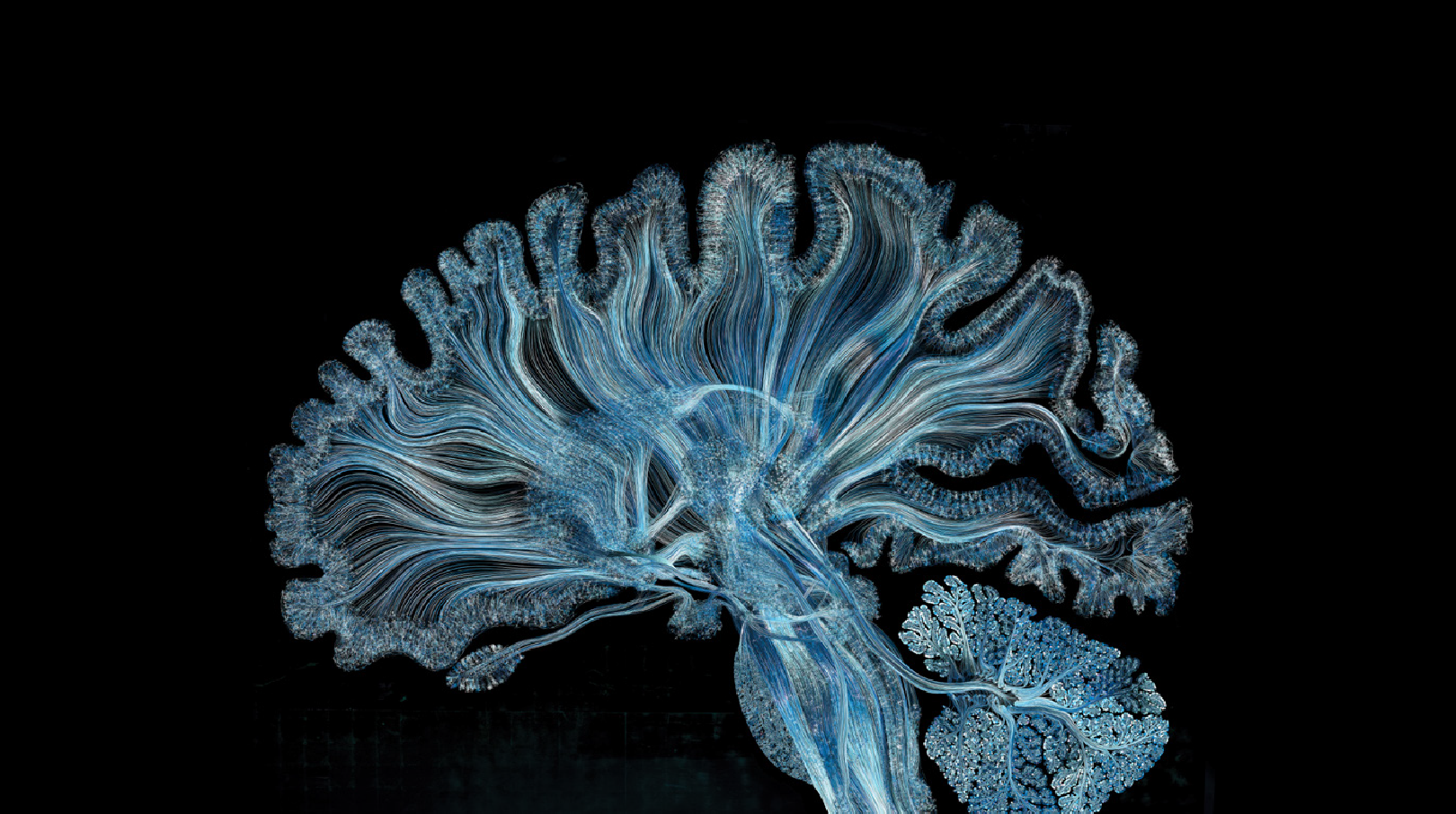
Policy brief
The Early Years: An Introduction
This two-page policy brief offers a succinct introduction to the early years.

Policy brief
The Early Years: Air Pollution
This policy brief captures what we know, why it matters, and what policymakers can do about air pollution.
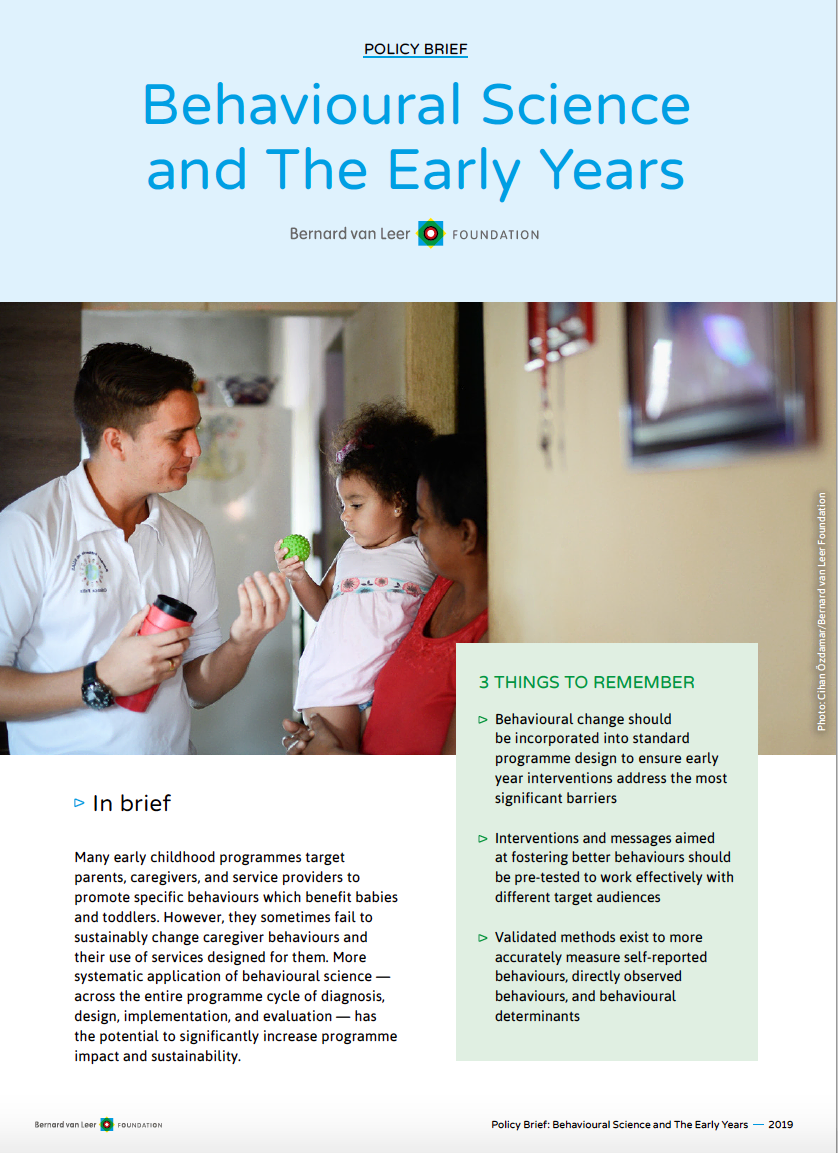
Policy brief
The Early Years: Behavioural Science
This policy brief sets out the key steps for designing and implementing an intervention that rigorously applies behavioural science methods.
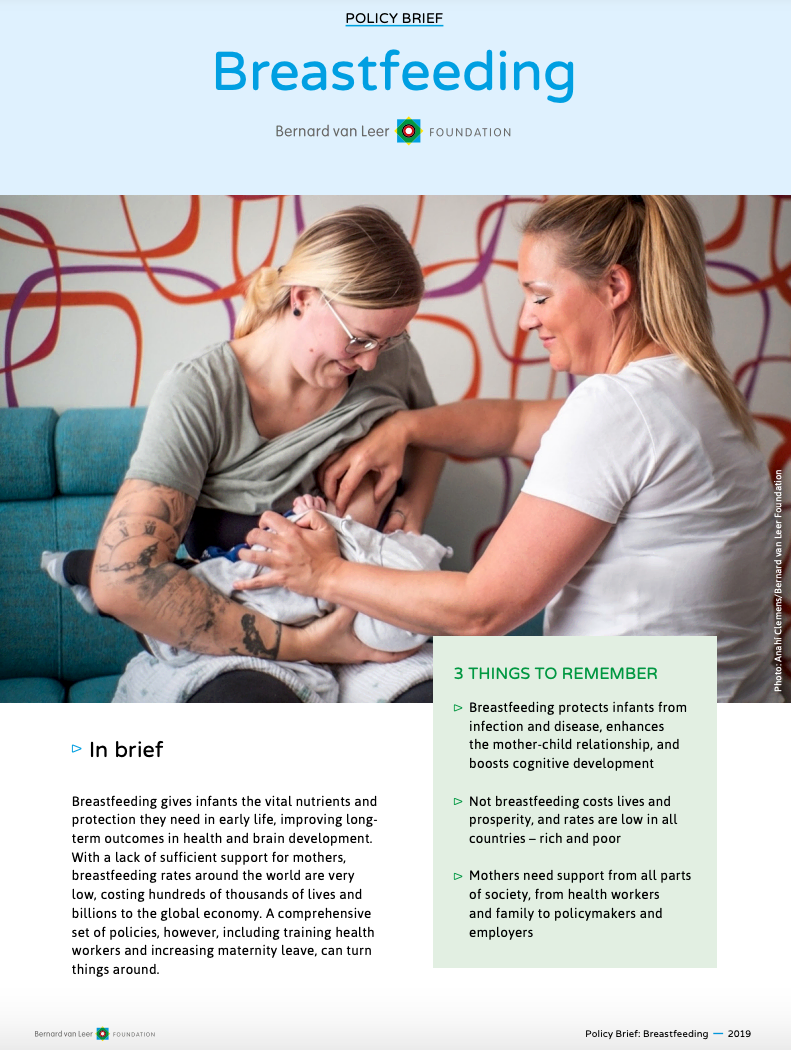
Policy brief
The Early Years: Breastfeeding
This policy brief explains the importance of breastfeeding, the barriers mothers face, and what policymakers can do to help.
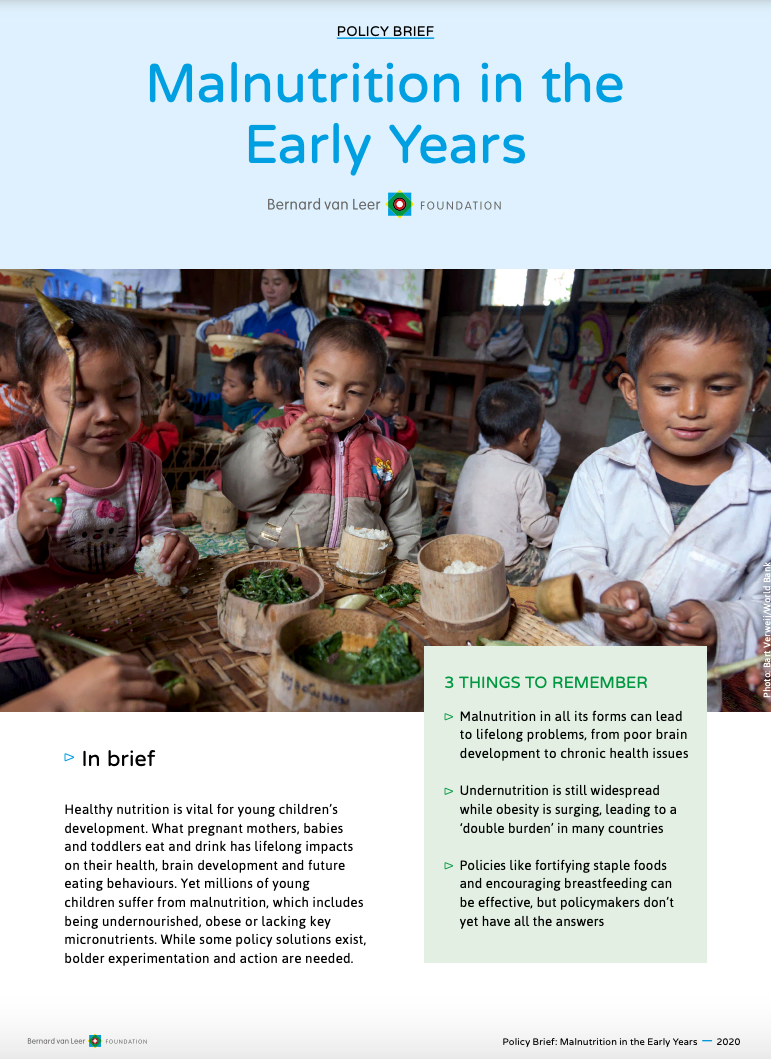
Policy brief
The Early Years: Malnutrition
This policy brief explains how early malnutrition leads to lifelong issues, both individual and collective, and what policymakers need to do.
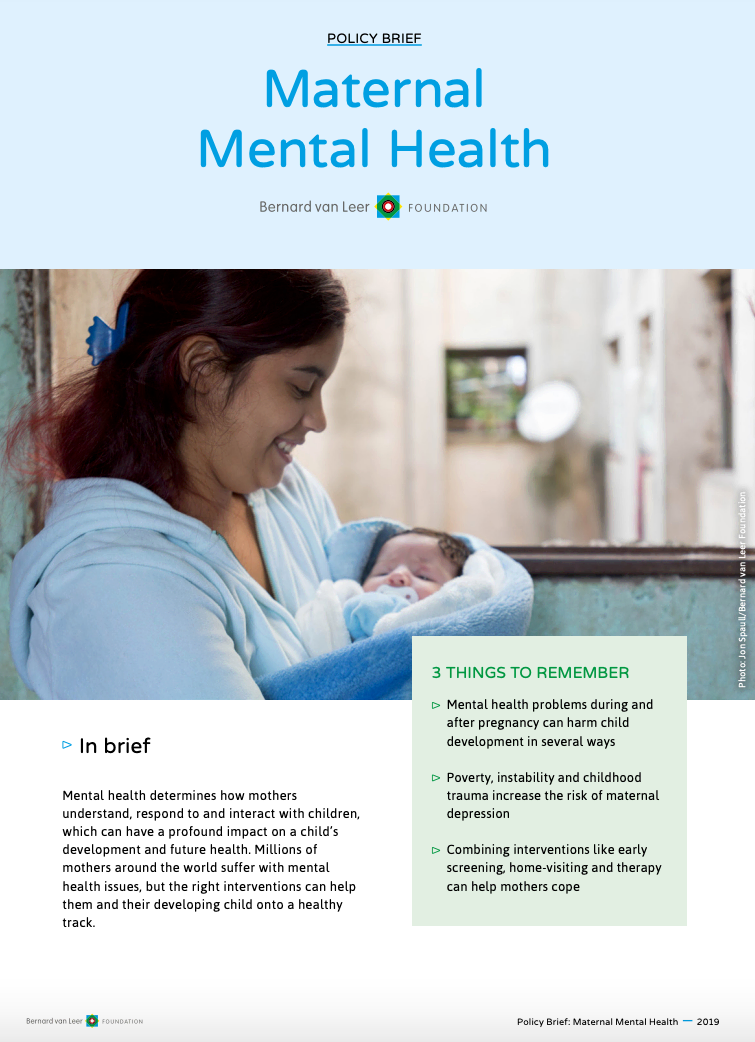
Policy brief
The Early Years: Maternal Mental Health
This policy brief captures what we know, why it matters, and what policymakers can do to support maternal mental health.
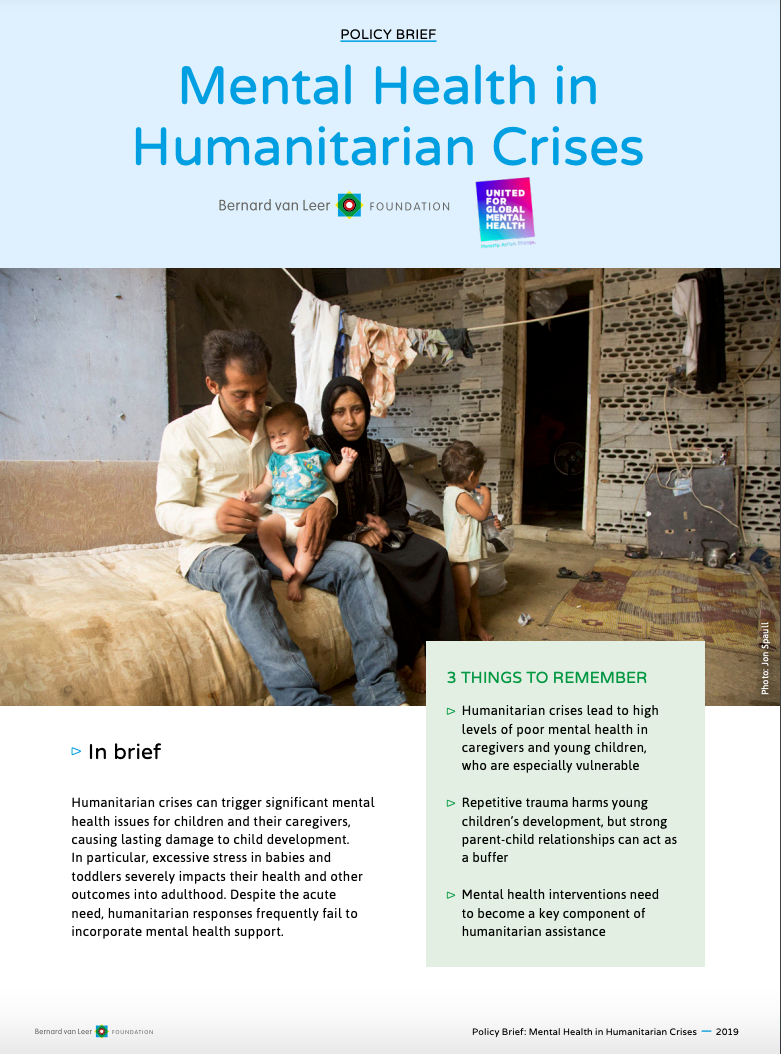
Policy brief
The Early Years: Mental Health in Humanitarian Crises
This policy brief documents what we know, why it matters, and what policymakers can do to support mental health in humanitarian crises.
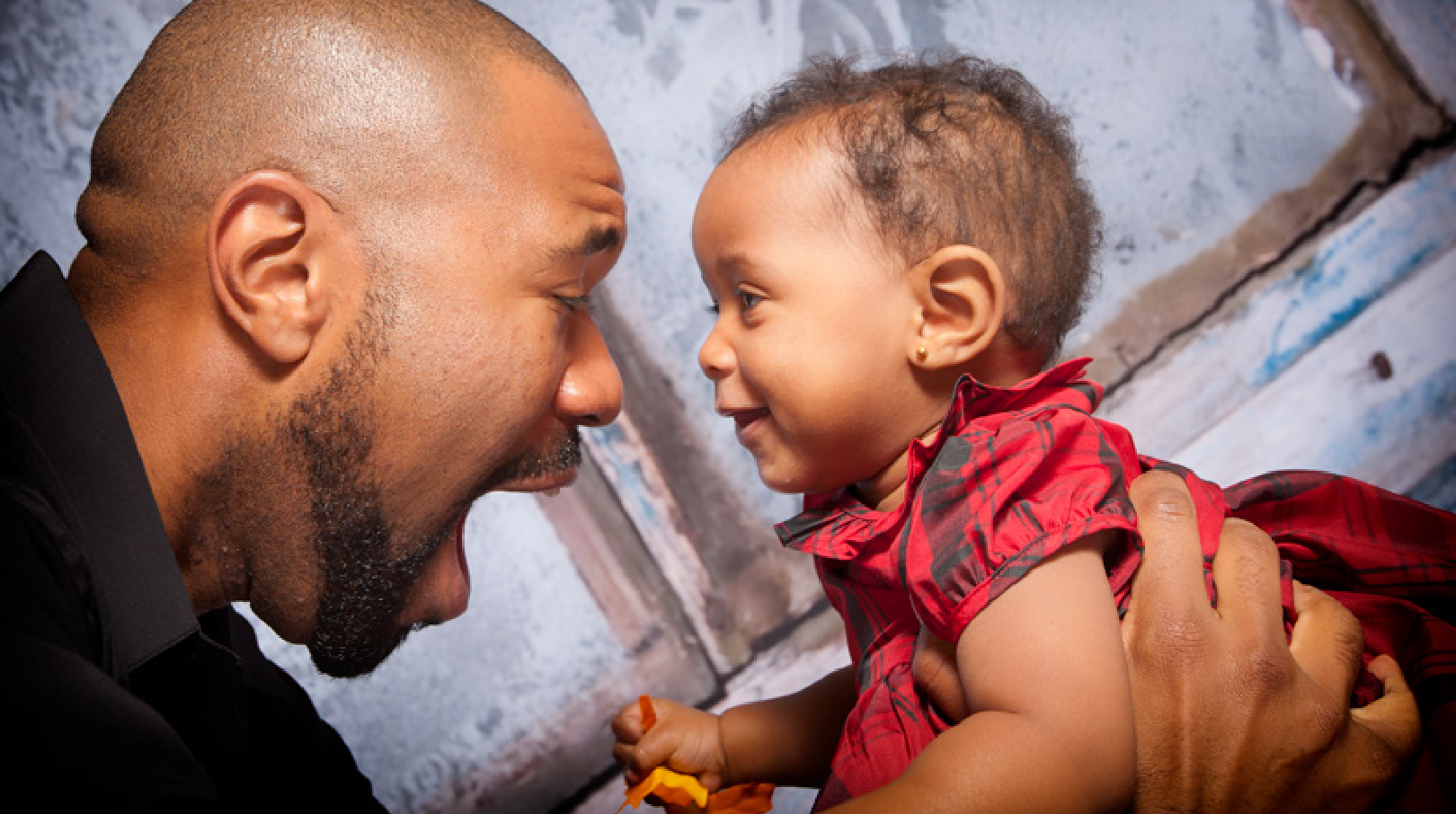
Policy brief
The Early Years: Parental Leave
This policy brief presents the evidence for the benefits of paid parental leave and policy solutions to promote it.
We're working to give all young children a good start in life.
Discover more
